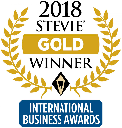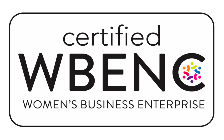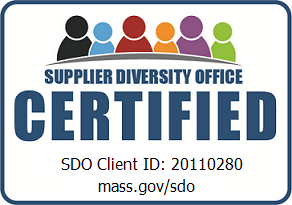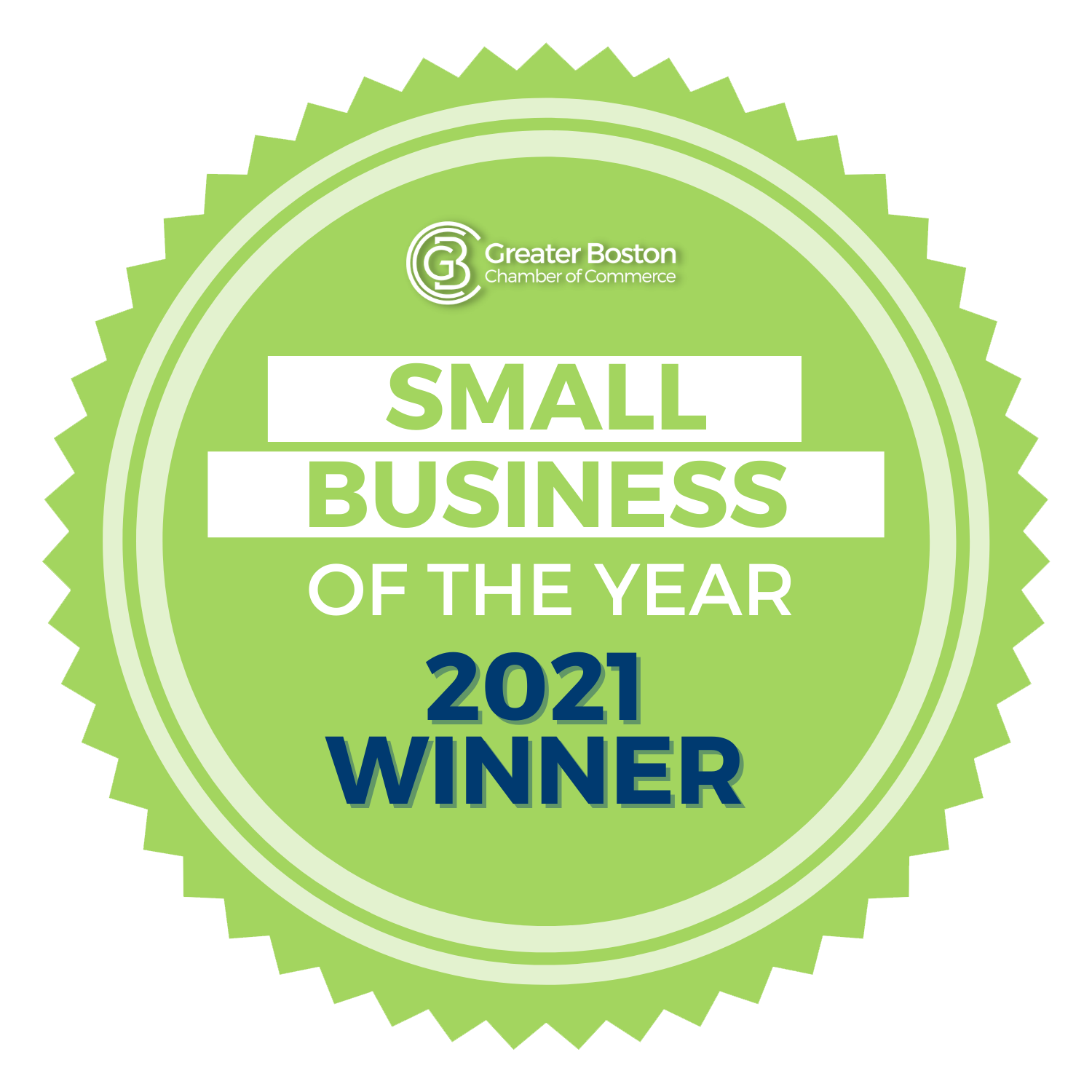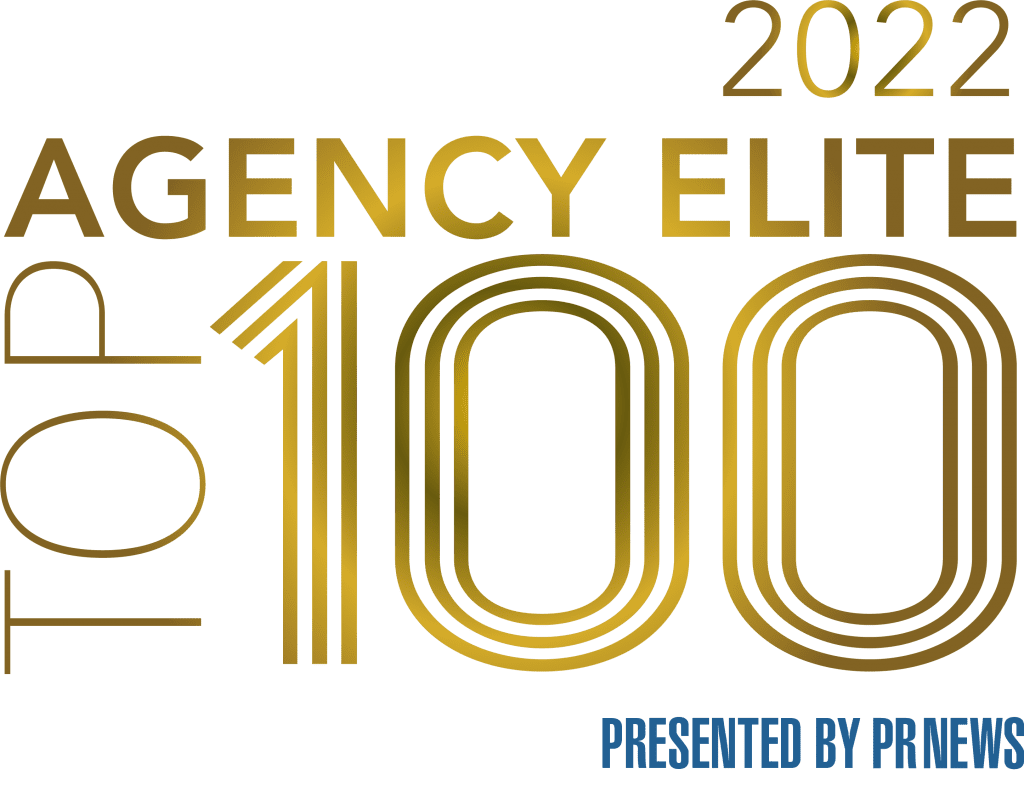I’ve always been an artist at heart. As a child, I would fill up sketchbook after sketchbook every week. I would constantly experiment with various paints and clays. My love for creativity, and desire to be successful, filled me with a love for competition, and a knack for problem solving.
When I enrolled in my first college, Valley Forge Military Academy, my plan was to “buy time” and allow myself the opportunity to really contemplate what I wanted to study, while challenging myself physically and mentally. I was attracted to the idea of working on my flaws, building a strong work ethic, and honing my organizational and leadership skills.
After graduating from VF, I set my sights on Emerson College. Under the advice of my parents, I selected Marketing Communications as my major. It seemed like the perfect choice: it was universal, ensuring I could find a job post-graduation, and it was extremely modular, allowing me to supplement my major with courses that fulfilled my creative side, and let me experiment with film, animation, and graphic design. Looking back as a second-semester senior, I don’t regret one second.
Here are five lessons I learned from studying Marketing Communications that made me a better artist and more versatile creator:
Lesson 1: You must know all the rules before you can bend or break them.
Those who’ve studied fine arts, or played an instrument, know you must understand the rules, what you “can’t” or “shouldn’t” do first, to fully understand how to create something unique or new. This way you can learn from mistakes and build on past discoveries. This concept is the same in Marketing when applied to finding your niche and differentiating your brand.
Lesson 2: Structure isn’t the enemy of creativity.
Structure gives you a platform to change what’s already built upon it. Understanding your brand’s identity can help you infuse your own creativity into it. For example, don’t just look at the café you own as a cool place for your patrons to get coffee. Look at it as a space full of unique, rich stories where everyone has their own connection to your brand. Think about creative ways to connect with potential customers.
Lesson 3: Restrictions can help you think outside the box.
Typically, brands (whether in content creation or marketing) come with strict guidelines and comprehensive style guides that creatives need to adhere to. While brand guidelines may seem restrictive, they can test your creative mettle and help you produce ideas that are just as true to a company’s brand as they are to you as an artist.
Lesson 4: Don’t be excessive: 100 good ideas DO NOT always equal one great one.
This is something I learned while directing commercials and being in the writers’ room. You may come up with a million great ideas, but no matter how amazing they all may be: enough is enough. Let a few ideas breathe, allow them space to develop and grow and expand with nuance. Write down the rest and keep them safe. You never know when one of your other ideas could be used down the line.
Lesson 5: Patience in success: master one craft before you chase another.
It’s easy to get burned out, especially in an industry that values multitasking and versatility. Set time to master and hone one craft that allows you to master another even faster. For example, learning to direct helped me to learn how to produce, because so much of production is on-the-fly problem solving, which is essential in directing. Detail the skills you want or need, find out how they relate, and strategically approach your self-education in a way that sets the stage for your next endeavor.
We live in a world where anyone can pick up their phone and develop their own “brand” via Instagram or Tik Tok. What separates the masses from the outstanding few is marketability. Marketing is a complex industry that can sometimes feel like a second language. It’s about communicating without communicating. While it may sound daunting, it’s beyond rewarding for anyone who is willing to put in the effort to learn how understanding marketing concepts can help take your creativity to the next level.










